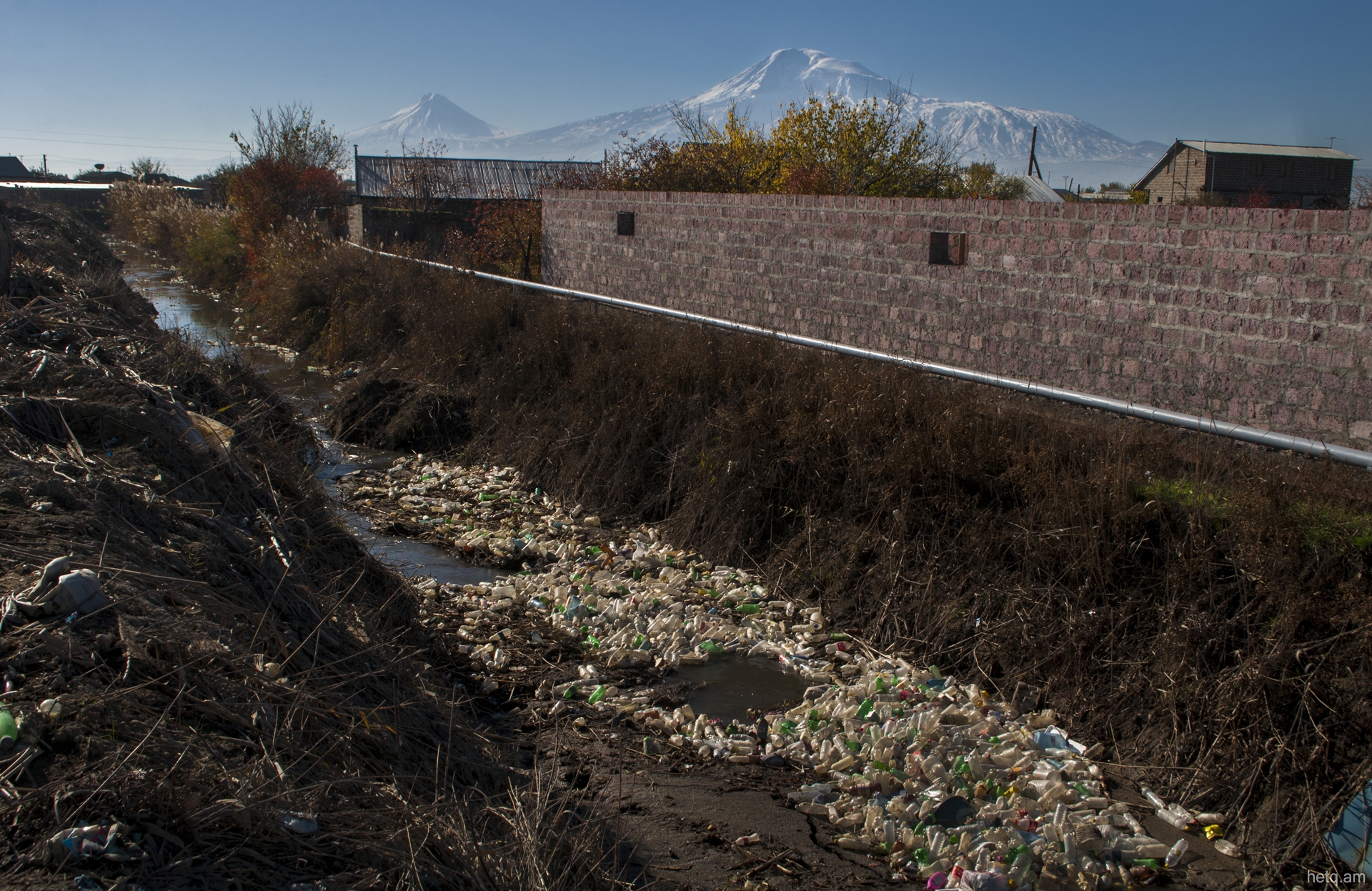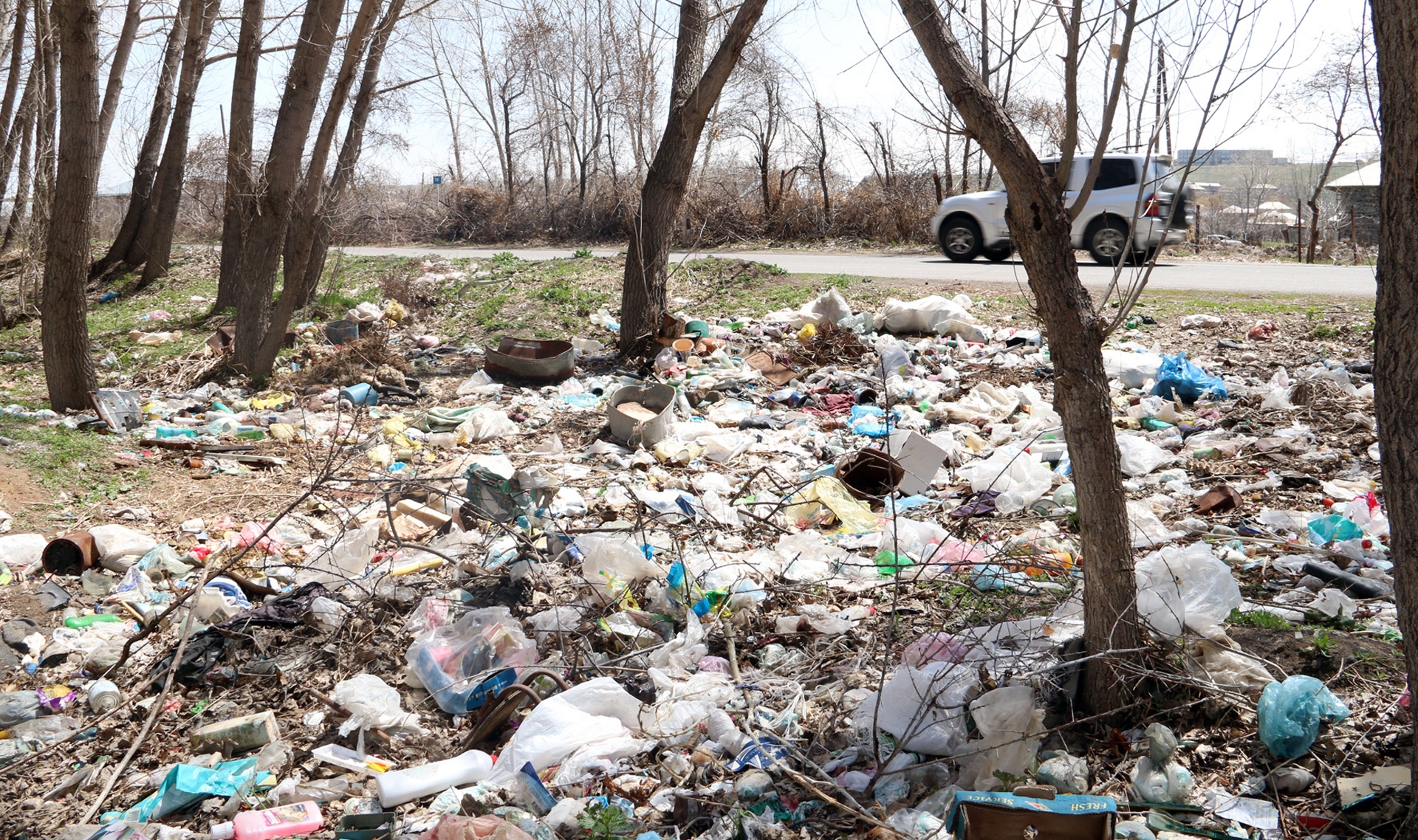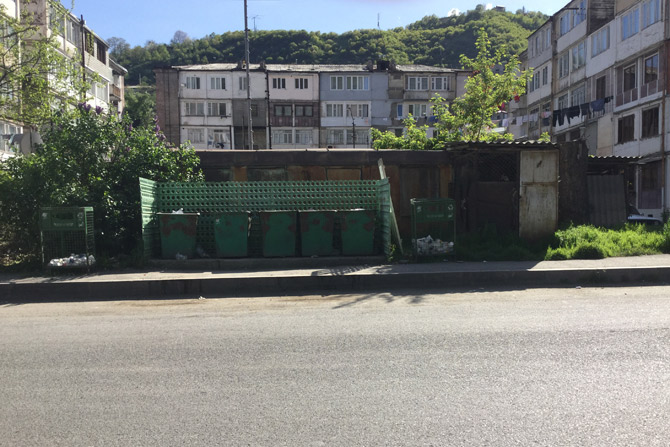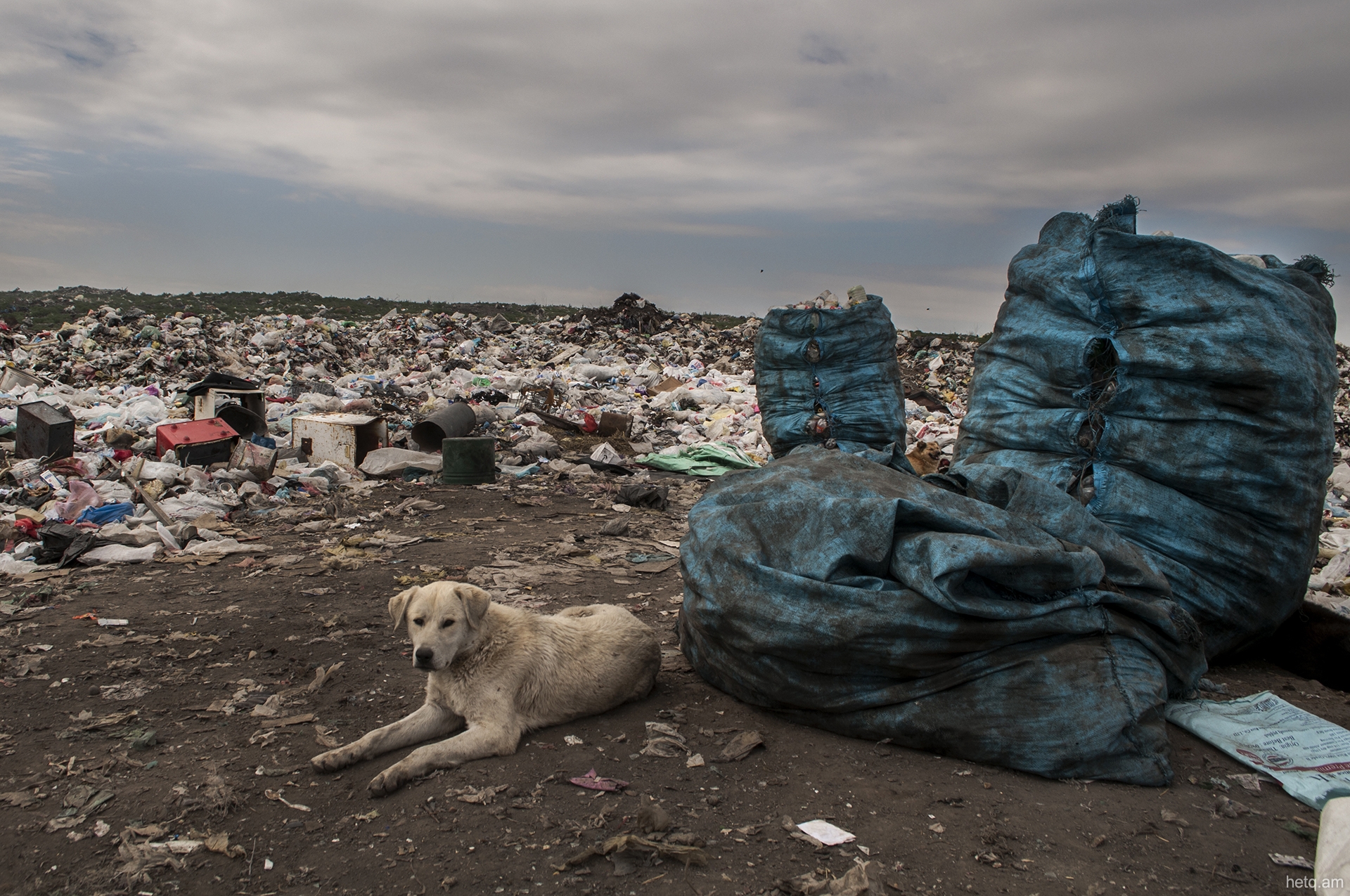
Plastic Waste Overload in Armenia: Government’s Reduction Policy Unclear, Says Urban Foundation’s Tukhikyan
"Most countries in the world are struggling against the use of plastic in everyday life. They employ different policies to achieve that. We don’t know what our country’s policy is for reducing plastic waste,” says Armineh Tukhikyan, Program Director of the Urban Foundation for Sustainable Development.
The Armenian government is currently drafting changes to the Laws on Waste and on Waste Disposal and Sanitary Cleaning. But the changes are cosmetic, says Tukhikyan, and don’t target changing public awareness and behavior on plastic usage.
"The key issue is reducing waste, since the planet can no longer digest it. Many French communities, for example, have chosen the slogan "zero waste" and strive to achieve it. We are among the most backwards countries in this regard, whose policy is to create waste, " Tukhikyan says.
Polyethylene bags are the biggest issue in terms of waste. Armenia’s Ministry of Economic Development and Investments has expounded a project proposal, not yet approved, for " a step-by-step reduction of polymer packaging circulation in the domestic market".

The government has sent the draft back for fine-tuning for the past two years. The Ministry of Finance and the State Revenue Committee disagree with the proposal. They argue that waste sorting requires new infrastructure, for which there is no money. Nor do they want to change tax policy towards plastic manufacturers and users – i.e., levying additional taxes or granting tax exemptions as incentives.
Experts are convinced that half-measures cannot make Armenia clean.
There should be less waste reaching the landfill, since there is no prospect of building a waste recycling or combustion plant. Consequently, most of the plastic waste should be sorted before reaching the landfill and handed over to recycling, while the use of polyethylene in households should be reduced.
Tukhikyan notes that the government's draft doesn’t include the idea of sorting waste, though a plastic waste recycling plant will be launched in Armenia in 2018, where plastic waste goes through a certain technological process, gets mixed with sand and is turned into building material. The capacity of the plant is not large, but the daily demand for plastic waste is around 400 kg.

The Foundation has explored the international experience of waste management and believes that Armenia needs to set a clear schedule and:
-
limit the circulation of polyethylene bags;
-
provide consumers with an alternative to polyethylene bags;
-
implement measures to encourage consumers to sort waste.

The European Union and the Council of Europe are going to ban the use of polyethylene and plastics products by 2030. They have set additional financial commitments for the manufacturers that use plastic products and packaging.
At the same time, they encourage businesses who offer an alternative or reduce the use of polyethylene.
Ireland cut the use of polyethylene through taxation, by applying “plastax” - a new tax since 2002, resulting in a 90-95% decline of its use in a very short period.
Tukhikyan says it’s impossible to get any official baseline data about plastic waste generated annually in Armenia. Only the volume of production waste is known, but it cannot be considered reliable, since it’s the data presented by producers to the Ministry of Nature Protection.
Starting in August 2016, some supermarkets in Armenia began to charge 10-20 drams for polyethylene bags. However, a study shows that this step not only didn’t help reduce the use of plastic bags, but also didn’t target it.

Supermarket employees never considered the step as an environmental policy, and regarded it, along with the public, as an additional source of income for supermarkets.
In fact, the income generated from the sale of plastic bags mainly reverts to the supermarkets, as profit, with a tiny percentage paid as environmental tax.
The Foundation's inquiries have revealed that supermarkets do not have a clear policy for revenues from polyethylene bags, which doesn’t comply with the principle of “paid bags”.
The Urban Foundation insists that promoting multiple-use bags is the most effective, easy and fastest way to reduce the quantity of plastic bags.
 Videos
Videos Photos
Photos
Comments (2)
Write a comment